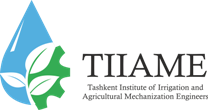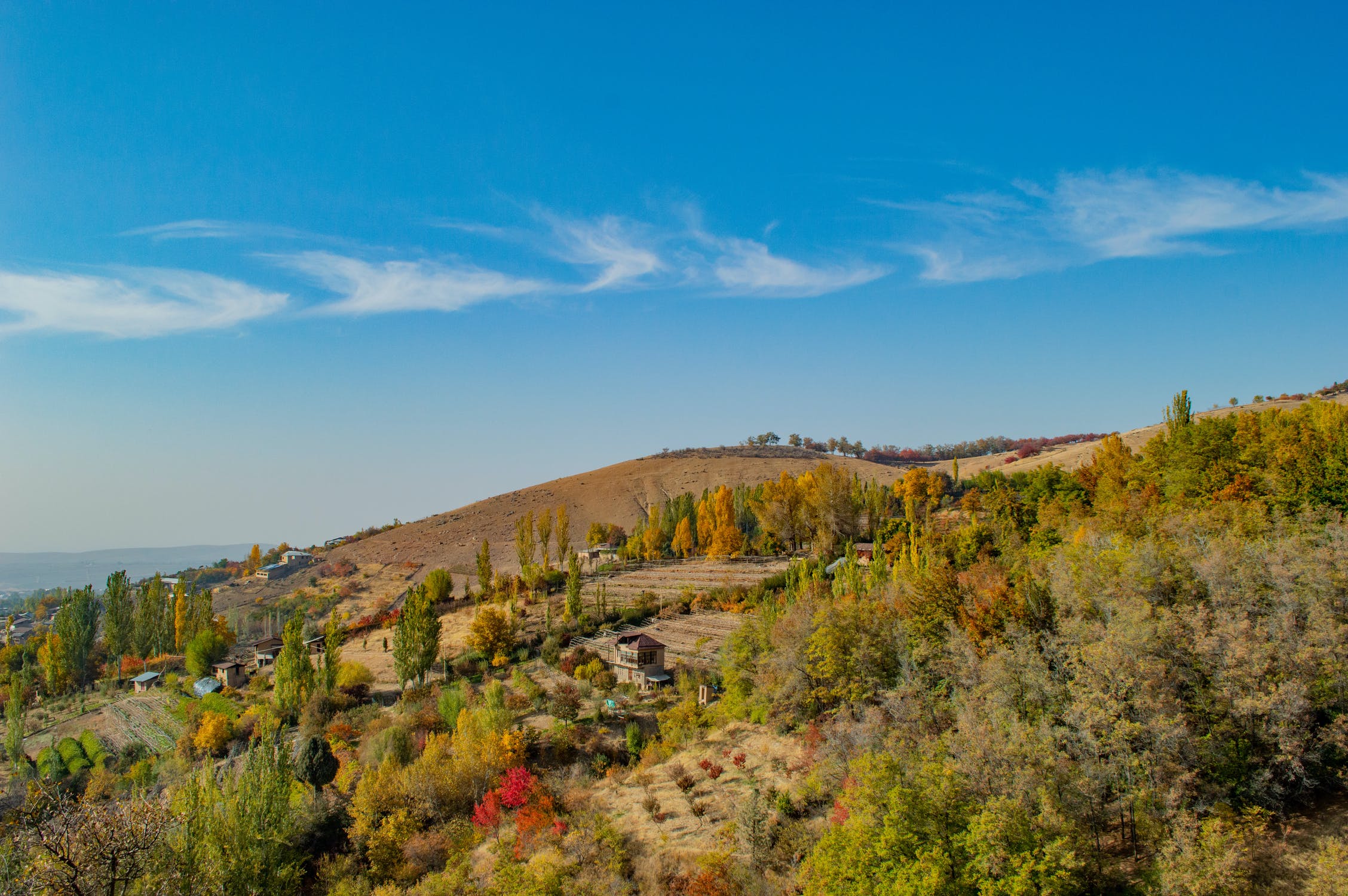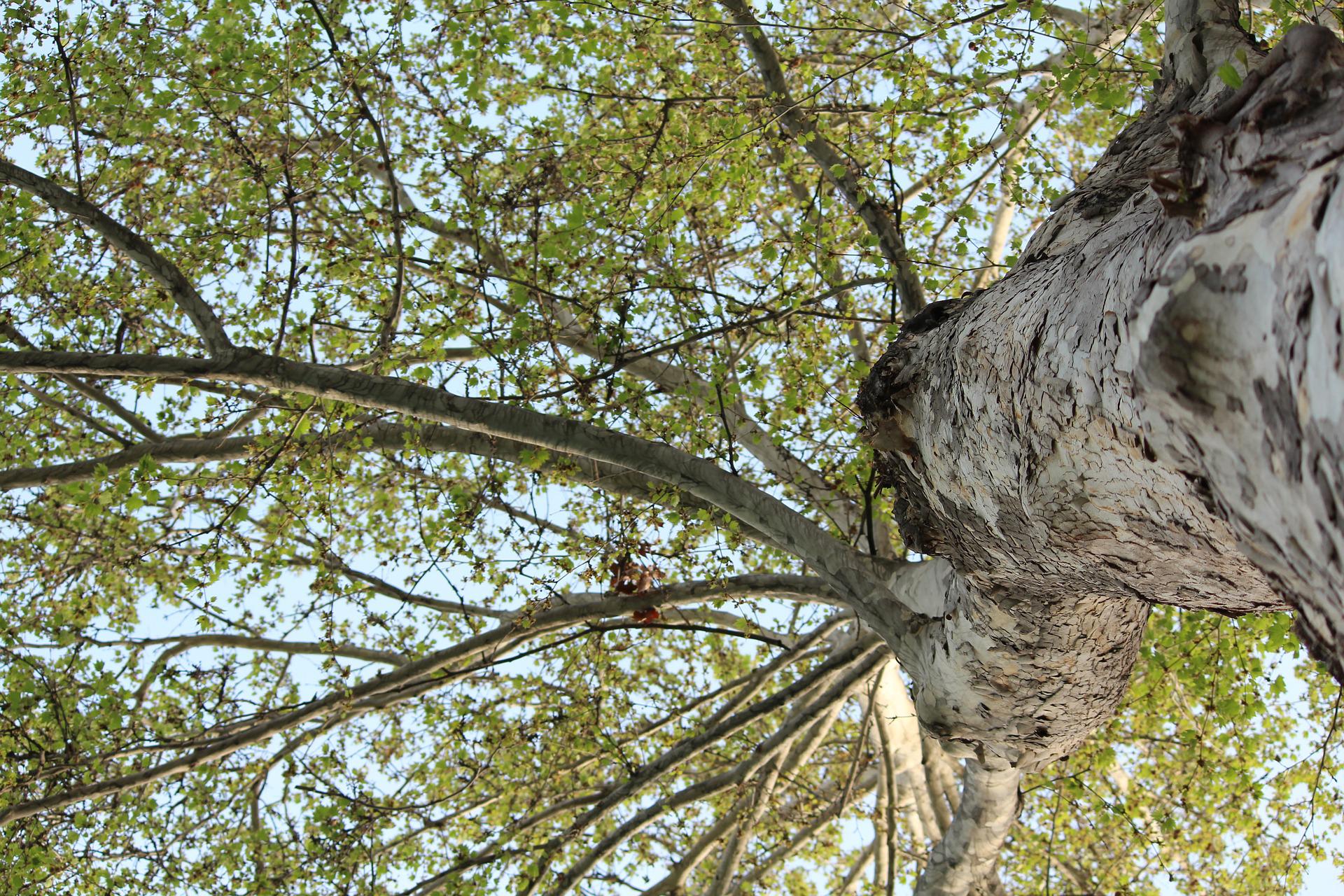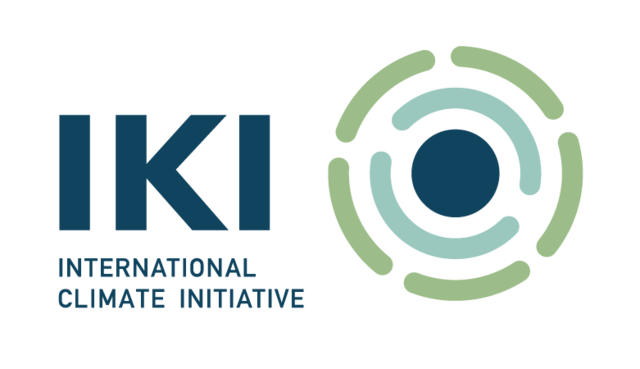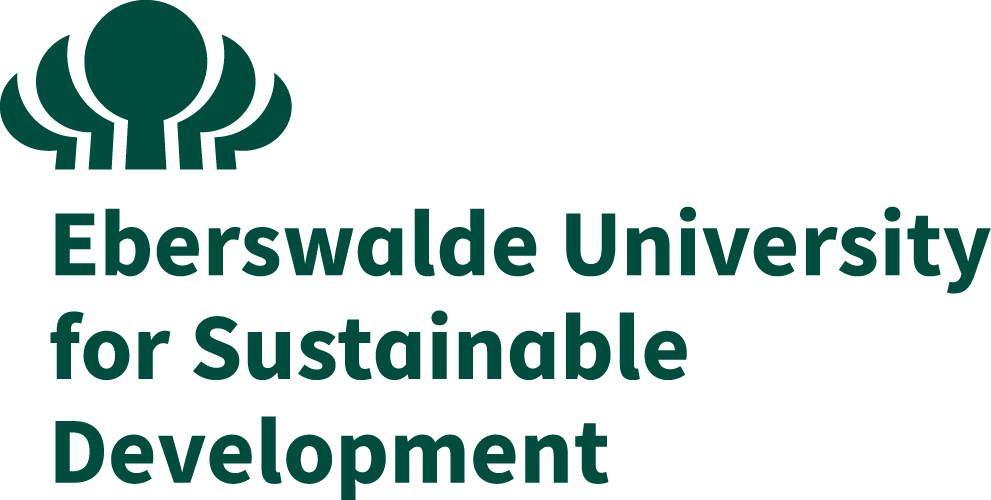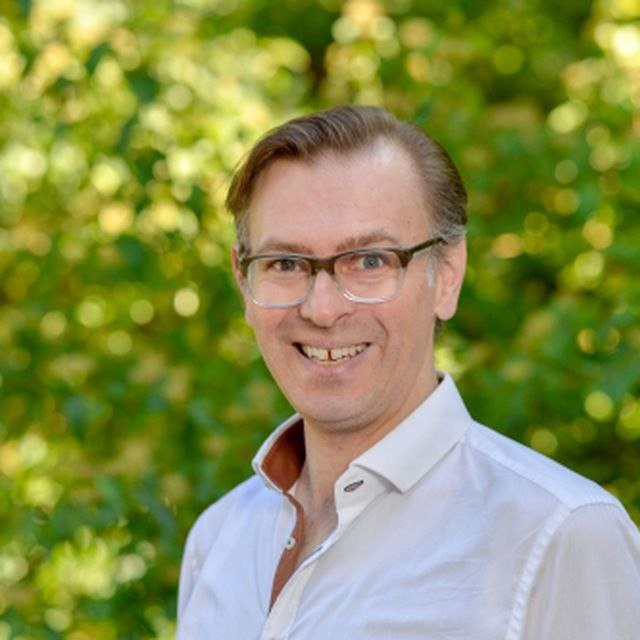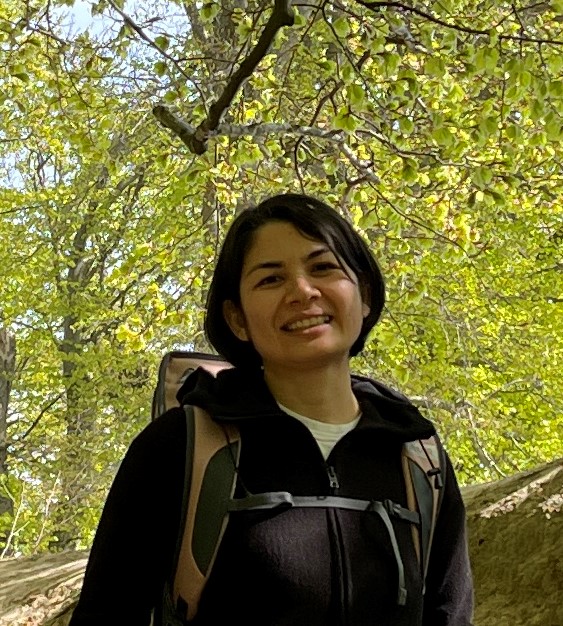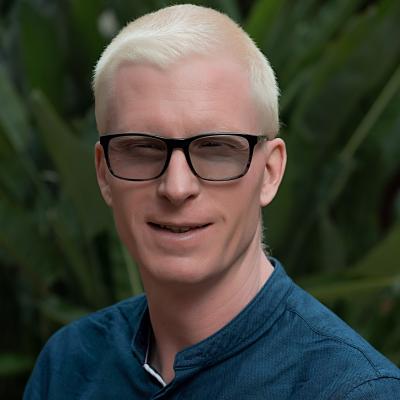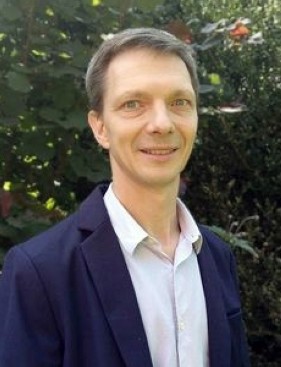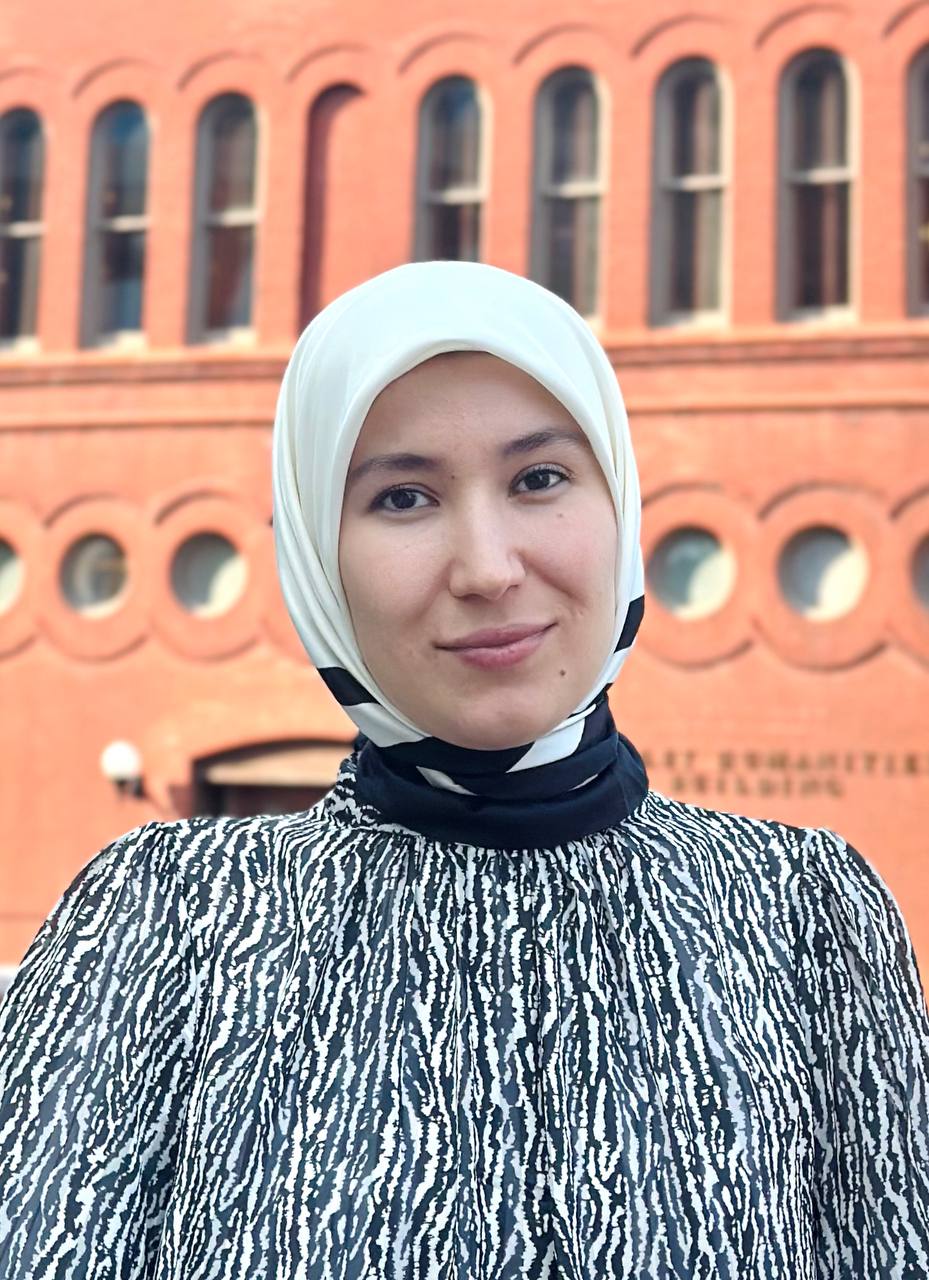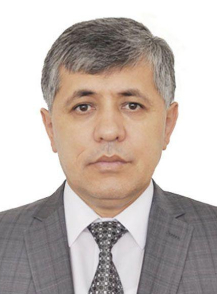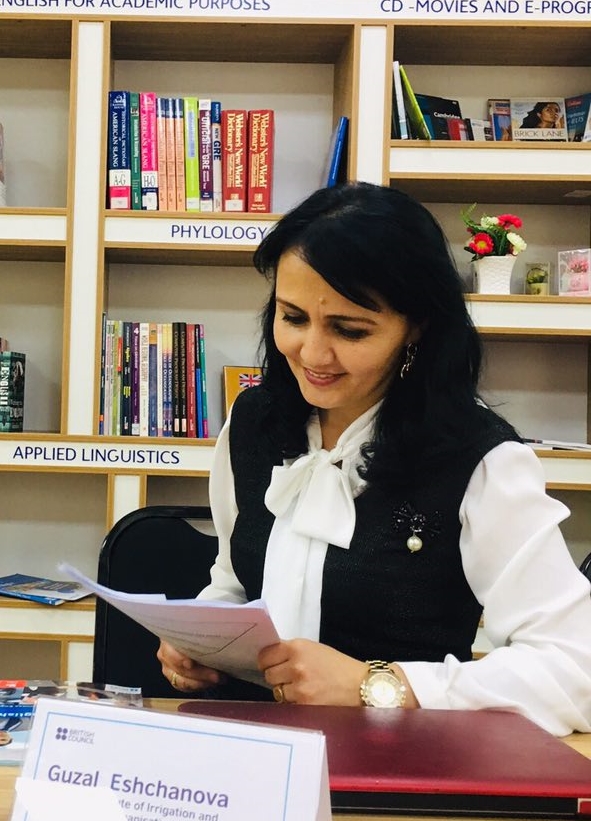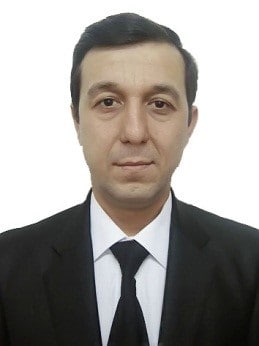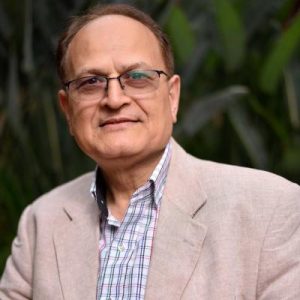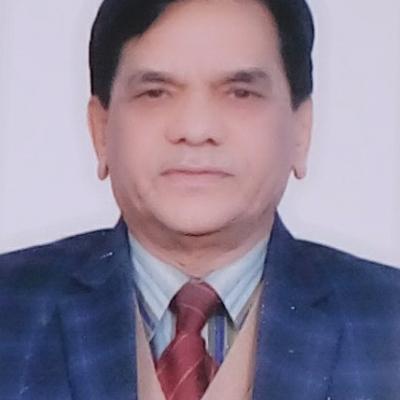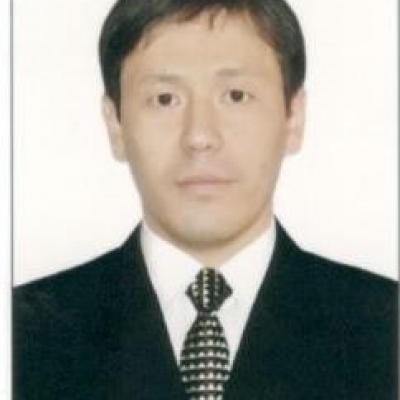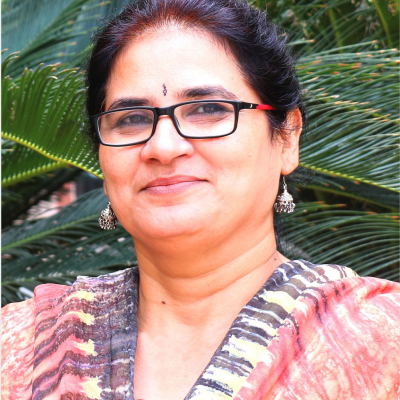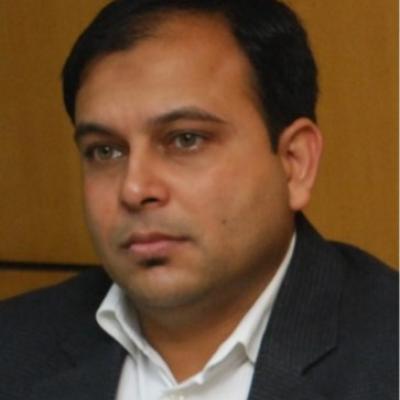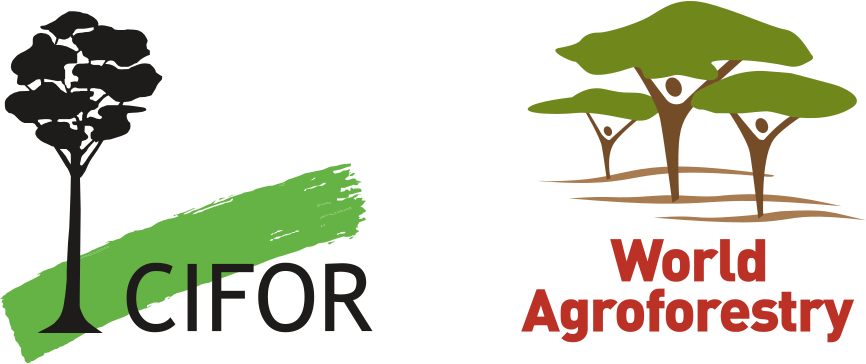More than half of primary energy consumption in Uzbekistan is being spent on the energy supply for the building sector. Housing is one of the largest sources of CO2 emissions, chiefly due to heating during winters and cooling during summers. There is great need to increase efficiency though improved insulation of houses and to substitute carbon-intensive building materials with locally available bio-based resources. Based on locally adapted building design, materials, and improved production methods, the project develops resource-saving alternatives that combine both traditional and modern construction using wood, agricultural residues and clay. To demonstrate the advantages of such building systems it will build a model house in Tashkent. Educational materials will be developed that focus on the systemic relationships and synergetic benefits between agroforestry, ecosystem services, housing systems, energy efficiency and human well-being. These training modules will be included in the curricula of vocational and higher education. E-leaning contents will be made available for wider audiences in Central Asia.
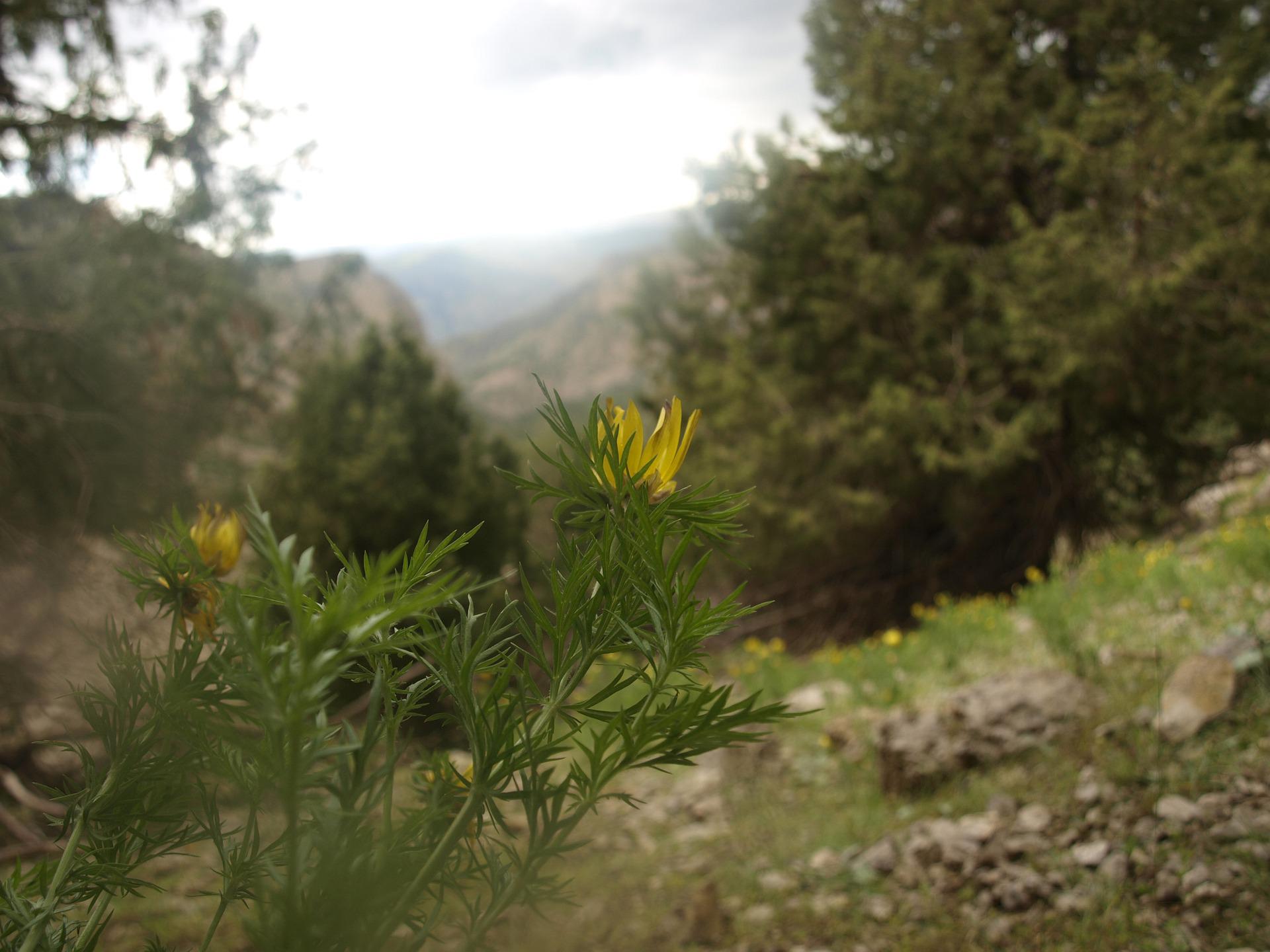
Next to wood, agroforestry systems provide many other ecosystem services such as reduced wind speed and thus reduced water consumption of the agricultural systems, increased crop yields, and increased soil organic carbon contents in soils. The project provides economic perspectives for farmers as well as small scale wood processing in rural areas. Other synergies include lower consumption of coal and wood in heating due to better insulation. This reduces air pollution, which in Central Asia has detrimental effects on health.
